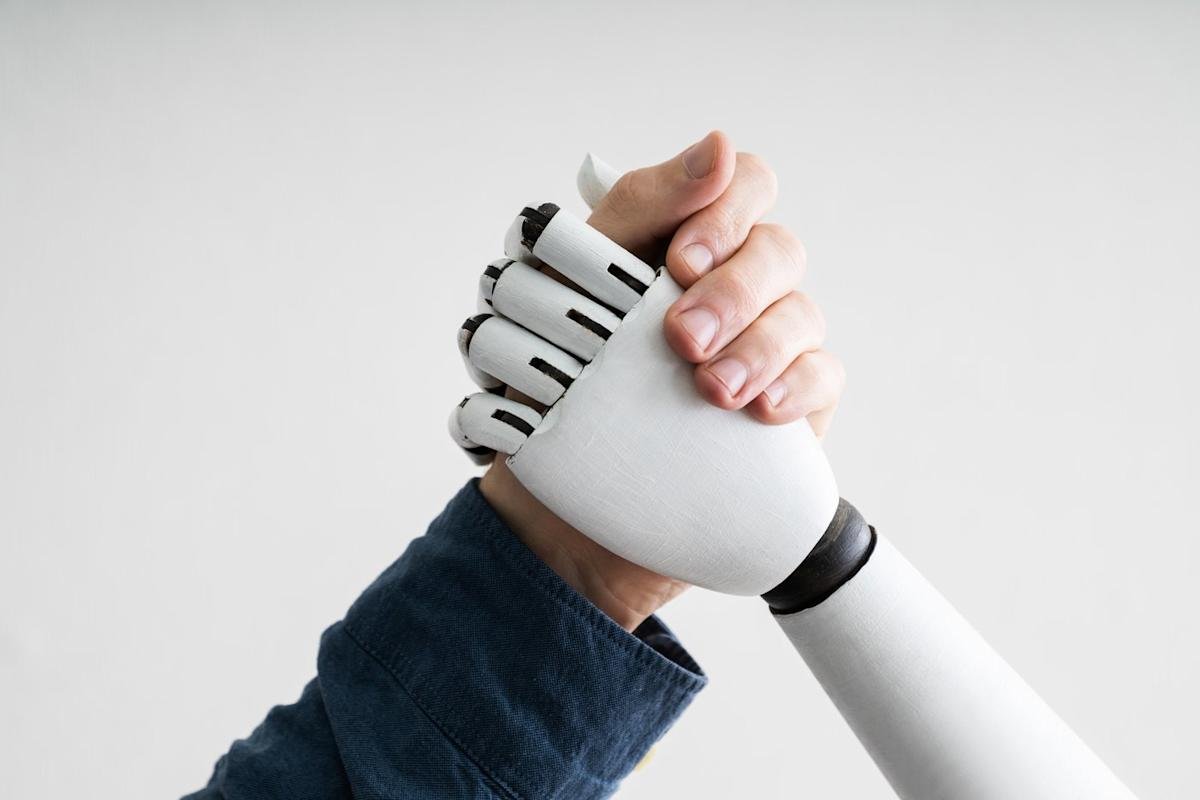Competition to introduce AI to the diplomatic front lines of major countries The U.S. actively utilizes the State Department’s exclusive “State Chat” to brainstorm foreign policy. Canada uses it to analyze major countries’ policies
Competition to introduce artificial intelligence (AI) is fierce not only in industrial areas but also in diplomacy, which is the front line of competition between countries. The U.S. State Department is increasing the work efficiency of diplomats through its own AI. Japan spends more than 600 billion won a year to detect false information. The move is aimed at preventing the possibility that fake information will be misused to establish national diplomatic strategies.
In the United States, the State Department has been operating its own AI ‘State Chat’ since last year. It is an interactive AI in the form of ‘Chat GPT’, similar to the method promoted by the Korean Ministry of Foreign Affairs. It provides functions such as summarizing internal business documents and professional analysis. E-mails used by diplomats are also drafted according to the format and even have the function of helping “brainstorming” in relation to foreign policy or strategy.
StateChat is dramatically reducing the amount of time State Department employees spend on mechanical tasks. According to State Department estimates, the total amount of time saved by all employees through their own AI amounts to 20,000 to 30,000 hours per week.
The State Department plans to continue expanding the use of StateChat. State Chat is also used for job training. This is due to the advantage of minimizing information that may be omitted during the handover process and enabling in-depth learning by providing data containing stories. State Chat will also be used to manage manpower. Information related to personnel management is also entered in State Chat.
![[Photo = Yonhap News]](https://aistoriz.com/wp-content/uploads/2025/08/news-p.v1.20250831.e738e78a131544a38de88cd64aaced2a_P1.jpg)
Japan has been building a situation analysis system using AI since 2022. AI finally judges the situation by combining reports from local diplomats with external information such as foreign social network service (SNS) posts, reports from research institutes, and media reports. For example, if social media analysis detects residents’ disturbance in a specific area, AI warns of the risk of terrorism or riots.
From 2023, it is using AI to detect fake news that is mainly spread through SNS. It analyzes not only text but also various media types of content such as images, audio, and video. It is a method of measuring the consistency of information based on a large language model (LLM) and then determining whether it is false. In particular, Japan calculates and presents the social impact, such as the scale and influence of the fake news.
Japan believes that numerous fake news after the Fukushima nuclear power plant accident has undermined national trust and caused unnecessary diplomatic friction. Japan allocated about 66.2 billion yen (626.5 billion won) in the fiscal 2025 budget to the policy and technology sectors to respond to false information.
Canada introduced a ‘briefing note’ using Generative AI in 2022. A draft policy briefing document is created by analyzing and reviewing policy-related data of major countries. Finland operates a system that collects diplomatic documents through AI and summarizes them on its own, and even visualization functions are provided. The UK has introduced AI to consular services. Classify the services frequently requested by their citizens staying abroad to overseas missions and provide optimal answers.
Last year, France developed an AI tool that summarizes and analyzes diplomatic documents and external data and is using it to detect ‘reverse information (fake news or false information)’ overseas and to identify public opinion trends. The United Arab Emirates (UAE) has introduced an unmanned overseas mission model that provides consular services based on AI.











































